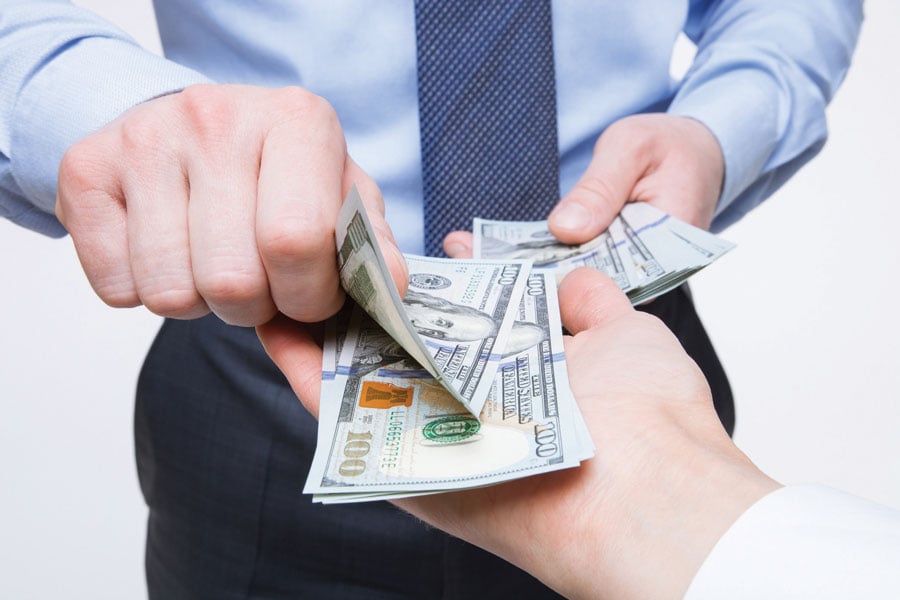

Facing investigations and investor lawsuits, GPB Capital Holdings and related companies have taken from $3 million to $7 million this year in federal forgivable loan money for small businesses, according to a document released Monday by the Small Business Administration.
GPB raised $1.8 billion from investors starting in 2013 through sales of private partnerships, but it has not paid investors steady returns, called distributions, since 2018. Last year, the company delivered a blow to investors when it reported significant declines in the values of its funds.
One of its funds made a special distribution earlier this year.
More than 60 broker-dealers sold the GPB private placements, commonly with the promise of income in the form of steady distributions.
It is not clear whether any of the money GPB received from the Paycheck Protection Program, which was established to help businesses pay their workers amid the pandemic, will go to investors.
"Are they going to return that money to investors and call it a distribution?" asked Joe Peiffer, an attorney representing dozens of investors with complaints against the broker-dealers that sold the GPB private placements. "The notion for the PPP program was to help struggling legitimate businesses, not for the taxpayer to bail out this scheme."
GPB is facing numerous difficulties. The FBI raided its offices in the winter of 2019; its former chief compliance officer was indicted last October and charged with obstruction of justice; and it has repeatedly missed deadlines for filing audited financial statements for its funds.
The company has been under investigation by the Securities and Exchange Commission and the FBI. And in May, William F. Galvin, secretary of the Commonwealth of Massachusetts, charged GPB Capital with defrauding 180 local investors who had purchased private placements from broker-dealers that sold the products and charged steep commissions of 7% to 8%.
According to the Department of the Treasury's website, GPB Capital Holdings received from $1 million to $2 million in PPP loans, and businesses named GPB 5 and GPB 8 got the same amounts. Another entity, dubbed GPB Cars 12, got a loan of $350,000 to $1 million.
"GPB Capital Holdings received $1.3 million in PPP loans," a company spokesperson, Nancy Sterling, wrote in an email. "Both the application and use of funds was in direct accordance with the Small Business Administration guidelines."
Sterling did not comment about the related GPB businesses.
Since GPB launched in 2013, it has focused on buying auto dealerships and waste management businesses with the intent of generating high single-digit returns for investors.
.

Raymond James also lured another ex-Edward Jones advisor in South Carolina, while LPL welcomed a mother-and-son team from Edward Jones and Thrivent.

MyVest and Vestmark have also unveiled strategic partnerships aimed at helping advisors and RIAs bring personalization to more clients.

Wealth management unit sees inflows of $23 billion.

Deal will give US investment bank a foothold in lucrative European market.

New report examines the impact that the initiative has had on philanthropy.
Orion's Tom Wilson on delivering coordinated, high-touch service in a world where returns alone no longer set you apart.
Barely a decade old, registered index-linked annuities have quickly surged in popularity, thanks to their unique blend of protection and growth potential—an appealing option for investors looking to chart a steadier course through today's choppy market waters, says Myles Lambert, Brighthouse Financial.
